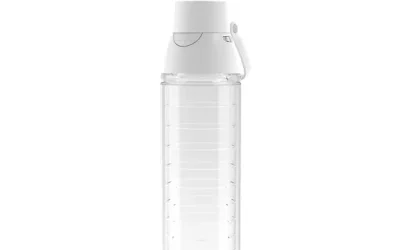Arnica Montana is a herbaceous plant, belonging to the daisy family which grows naturally in Europe, Canada the Northern US and Eastern Asia. It is also called arnica flower, arnica root, mountain tobacco and common arnica.
It can be applied as liquid, a gel, cream or an ointment (pomada), a spray or as a savlon. If used as a whole or chopped plant it soaked for a few hours in water making a poultice which is then placed directly on the skin.
Arnica pomade usually contains about 15% arnica oil or a 25% tincture of arnica. In a tincture the herb is infused through pure alcohol, normally ethanol
The use of Arnica
In short the flower and root have been used in herbal medicines for hundreds of years first in Europe and then in the Unites states during the 19th century. It was used to treat sore throats, to improve circulation and to treat fever. Today Arnica pomadais used as an EXTERNAL remedy for acne, bruises, wounds, sunburn, and general skin irritations. The active ingredients promote vasodilation (widening) of the blood vessels, act as anti-inflammatory and overall help the body transport the substances necessary for it to conduct its healing processes. In other words arnica pomade reduces swelling, helps protect against secondary infection and has analgesic properties (relieves pain).
It also has utility in the relief of muscle pain caused by over exertion such as might occur after long distance running or periods of prolonged physical activity.
Arnica is safe when used as directed, prolonged use or over strong solutions can cause skin complaints.
Possible toxic effects if taken internally
The same chemicals which make arnica useful if applied properly can make it toxic of the instructions for use are not followed.
It is an external remedy and should never be used ingested (swallowed) or applied to broken skin where absorption into the general circulation can occur. Arnica pomada has NOT been approved for internal use under any circumstances.
Toxic effects of arnica if ingested include:
-
Irritation of the stomach lining
-
Vomiting and diarrhea
-
Internal bleeding
-
Rapid and irregular heartbeat (the active ingredients are cardio toxic)
-
High doses are associated with gastroenteritis
-
High doses are associated with cardiac arrest and dyspnea (acute shortage of breath)
-
Very high doses can result in coma and then death
There have been no documented toxic effects in any clinical trials.






